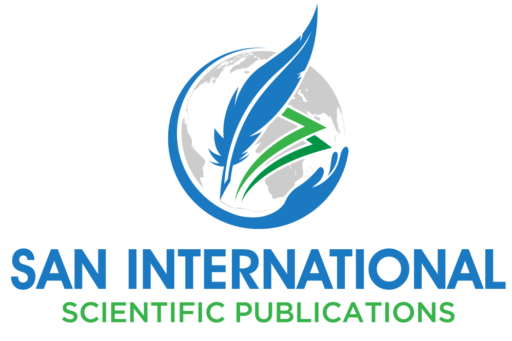Book Title: Legal and Policy Regime of Outer Space and Global Governance
Editor: Dr. Ananya Rahul Bibave
ISBN: 978-81-979197-2-5
Chapter: 14
DOI: https://doi.org/10.59646/lpc14/257
Author: Ajinkya Gopal Barke, PhD (Law) Scholar, Savitribai Phule Pune University, Center at PES Modern Law College, Pune, Maharashtra, India.
Abstract
This paper explores the intriguing relationship between Air Law, Telecommunication and space law, identifying new potential and problems for regulation. As the use of space for satellites, communication grows, proper regulation is essential to resolve legal uncertainties and conflicts. The Space Treaty of 1967 and the International Civil Aviation Organization (ICAO) ITU (Telecommunication Union), which are the two main legal documents controlling the Telecommunication Air Law and space, are critically analysed in this study in order to identify their similarities and differences. The international legal framework pertaining to satellite telecommunications is composed of two sets of rules governing international law. These laws must keep up with the rapid improvement of technology, the evolving market, and the increasing number of states and non-state players engaging in space operations. The legislative system must adapt to these real changes, as they will undoubtedly spur additional advancements in satellite communications. Regarding space, international cooperation and coordination in space activities are greatly aided by the work of the United Nations Office for Outer Space Affairs (UNOOSA). Additionally, UNOOSA offers member states technical support in creating national space laws and policies. The main UN organization in charge of creating international space law is the Committee on the Peaceful Uses of Outer Space (COPUOS). The current frameworks are insufficient, and legislative reform is required in light of the rapid advancements in space-based technology utilized in Air Law. The report ends with suggestions for improving and harmonizing the current legal frameworks to better accommodate the changing needs of interspace operations.
References
- https://globaleducationmagazine.com/forum-world-governance/
- https://www.icao.int/publications/documents/7300_orig.pdf
- https://www.icao.int/Meetings/a41/Documents/ICAO_Multilingualism_Strategy_EN.pdf
- https://applications.icao.int/postalhistory/1919_the_paris_convention.htm#:~:text=This%20Paris%20Convention%20constitutes%20the,overlying%20its%20territories%20and%20waters.
- (Abeyratne, 2012).
- Universal Safety Oversight Audit Programme – Continuous Monitoring Approach (USOAP CMA).
- Universal Security Audit Programme (USAP).
- (https://www.un.org/ruleoflaw/files/3dd90f0c7.pdf).
- V.16-05982 (E), p. 2. A/AC.105/1137, September 20, 2016: The Committee on the Peaceful Uses of Outer Space and global regulation of outer space operations commemorates the 50th anniversary of the United Nations Conference on the Exploration and Peaceful Uses of Outer Space.

